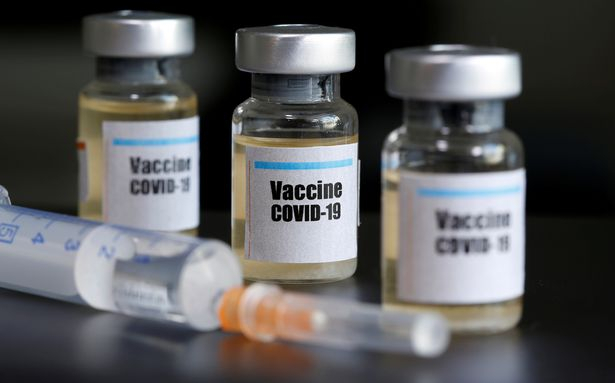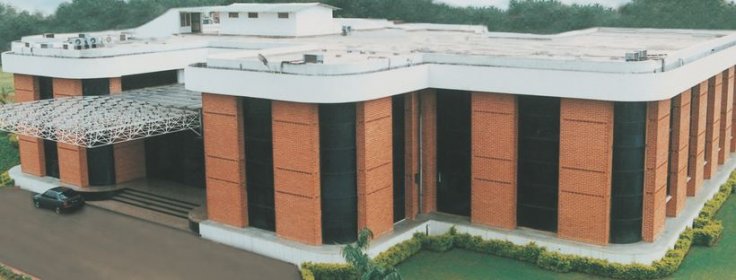People around the world are eagerly waiting for a vaccine for the COVID-19 disease that has killed over 700,000 and infected more than 19.3 million. While the price of the vaccine has been a cause for concern considering its high demand, the world's largest vaccine manufacturer (by volume) wants to make the vaccine affordable, at just $3 so that it doesn't cut a hole in the pocket and could potentially end the pandemic.
The Pune-based Serum Institute of India (SII), which produces about 1.3 billion vaccine doses annually, has proposed INR 225 or around $3 cap for the upcoming Coronavirus vaccine for India and lower-and middle-income countries (LMICs). The SII has received exclusive rights to supply the vaccine candidates in India that are being developed by the University of Oxford and AstraZeneca and the U.S. drug manufacturer Novavax.

Partnership with Gavi and Gates Foundation
To support the distribution of the vaccine in 92 countries, the Bill and Melinda Gates Foundation will provide at-risk $150 million to GAVI (Global Alliance for Vaccines and Immunization). The SII will receive the amount to manufacture the proposed vaccine for the Covax alliance which includes the World Health Organization (WHO), Coalition for Epidemic Preparedness Innovations (CEPI) besides GAVI. The alliance ensures the rapid distribution of the vaccine.
The SII has entered into an agreement with GAVI and the Gates Foundation to manufacture 100 million doses by the first half of 2021 for those countries that also include self-financing nations like the U.K. and Singapore. Half of the total doses will be available for India which will also get half a billion doses from AstraZeneca and Novavax.
"Researchers are making good progress in developing safe and effective vaccines for COVID-19. But making sure everyone has access to them, as soon as possible, will require tremendous manufacturing capacity and a global distribution network," Bill Gates said in a statement.
The lower-and middle-income countries with a weak healthcare system are particularly vulnerable in the pandemic. Thus, the global alliance has been supporting vaccine efforts in those nations. As per the United Nations, the COVID-19 pandemic will have a devastating impact on those countries and they don't have resources to manufacture and distribute the vaccine. With people already facing immense financial pressure due to the lockdown measures, the cap on the price will help them get vaccinated.
"The rampant spread of the virus has rendered the entire world in an unimaginable halt of uncertainty. And to ensure maximum immunization coverage and contain the pandemic, it is important to make sure that the most remote and poorest countries of the world have access to affordable cure and preventive measures. Through this association, we seek to ramp up our constant efforts to save the lives of millions of people from this dreadful disease," said Adar Poonawala in a statement.

However, once the delivery of the proposed vaccine begins, it is expected to reach to the healthcare workers and most vulnerable people first. It will be followed by the rest of the population.
Oxford University-AstraZeneca Vaccine
In the vaccine race, six candidates are in the final phase of the trials while the one being developed by Oxford University and AstraZeneca looks most promising. The vaccine candidate is being tested in India, Brazil, South Africa and the U.K. The SII has produced 100 million doses for the trials already.
The other candidates include Moderna (U.S.), SinoPharm (China), Sinovac (China) and collaboration of BioNTech (Germany), Pfizer (U.S.) and Fosun Pharma (China). However, despite limited study and unavailable research data, Russia's vaccine candidate — developed by Gamaleya Research Institute and Defense Ministry — is expected to be the first one to be registered by August 12. Pre-final clinical trials were done on only 38 volunteers in Russia.









